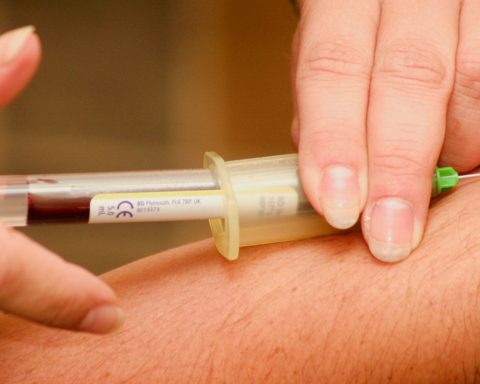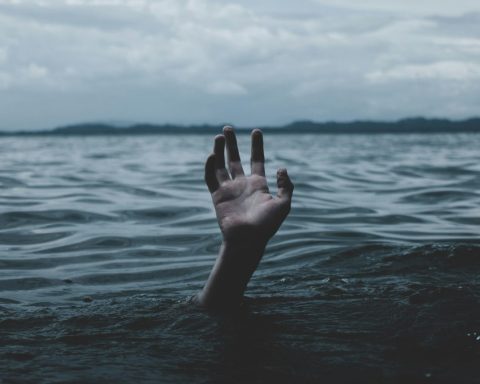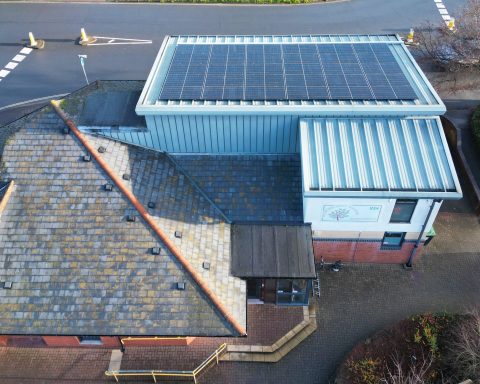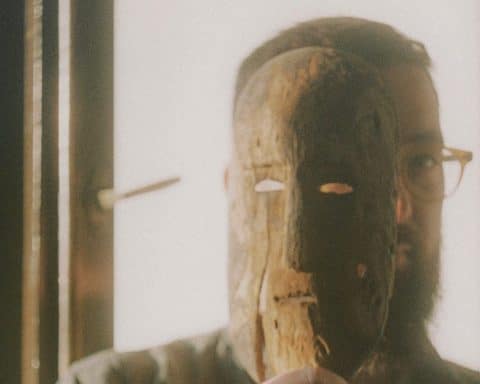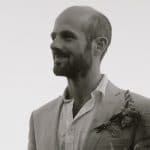 Giles Dawnay is a GP trainee and writer from Hereford. He is on Twitter @gilesdawnay
Giles Dawnay is a GP trainee and writer from Hereford. He is on Twitter @gilesdawnay
In a 2005 novel by Michel Houellebecq, Daniel24, like his fellow humans, now lives out his existence in a small room with an internet connection that gives access to all his needs. Climate change and nuclear war have meant that this is all that is possible. He is the 24th version of Daniel who once existed at the turn of the millennia. In Possibility of an Island° humanity has found a way to continue.
Uncomfortable echoes of our new work environment perhaps? It would be true to say that coronavirus has done a very good job of forcing our hand in regards to the technology that we already had available to us.
However increased speed comes with its own paradox; no matter how fast we go, it never seems fast enough.
But at what consequence? The first, and a regular conversation at our metre+1 coffee breaks is the loss of human contact. Many doctors enjoy the job because we enjoy the company of one another, the chance to meet new people and try to touch their lives. Yet communication is more than words, the other 55% of communication is the non-verbal information. How many vital decisions have been made by GPs based on a sense that something is not right, despite everything on paper looking correct and in order?
There is also the loss of the physical examination. Now our words must become our hands to remotely examine and our minds must then attempt to correlate this information. So much of the doctor and patient relationship relies on trust and this has been shown to increase when there is actual physical touch. I always thought it was interesting in embryology that ectoderm makes not only the nervous system but also our skin. Could our skin be far more than just a barrier to the elements?
Doctoring is many things, but what makes it the deeply special profession it is the opportunity of a shared humanity.
We stand at a fascinating and important juncture of healthcare evolution. Being state run the NHS will always value efficiency and the bottom line over anything else. But I feel we must be careful of the seductive siren calls of the technological revolution. Doctoring is many things, but what makes it the deeply special profession it is the opportunity of a shared humanity which is arguably as healing as any diagnosis, medication or treatment plan. The opportunities to treat more and more patients in less and less time is the unspoken aim of the improving of technology. But as we move into this future, we must continue to courageously ask both ourselves and our employers; is this really doctoring and who is really benefitting?
Featured photo by Alex Knight on Unsplash


